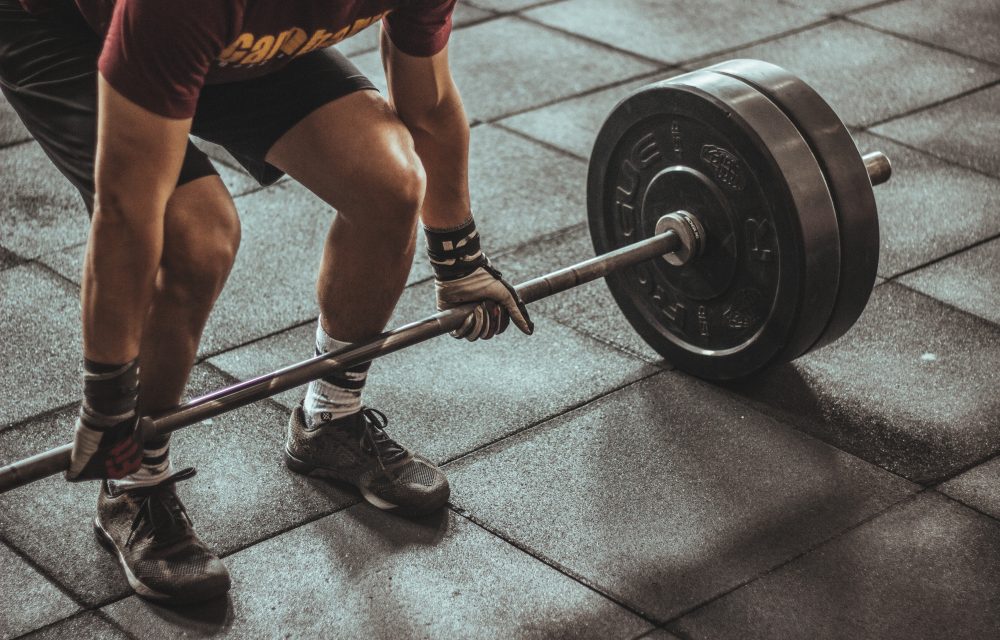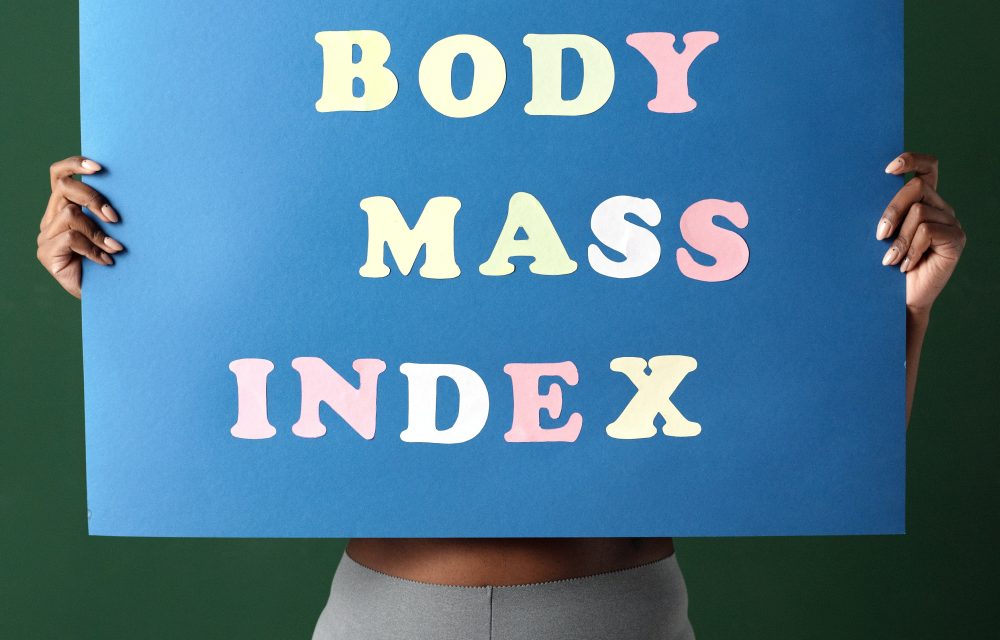How To Bounce Back After A Binge
Anyone who has tried to lose weight or switched from a diet of fast-food to one of healthy eating has had a momentary weakness, where they ate something that wasn’t part of their program. Whether it was an order of fries, a thin slice of cake, or a spoon of ice cream, it wasn’t that bad, unless it started a binge. The spoon of ice cream became a quart and the thin slice of cake became two, then three, then the rest of the cake. You might think all is lost when this happens, but you can bounce back after a binge, and get back on track.
Don’t let the guilt make it worse.
You’ll feel the bloat and discomfort immediately. It can even last a couple of days. Often people who binge feel guilt that lasts far longer. Give yourself a break. That guilt can lead to even more overeating. It gives junk food power over you and makes you feel like quitting. You may have downed a lot of calories, but it was still just one slip. You’re learning to eat healthier, why would you punish yourself? Would you punish a child learning to walk for falling? Of course, you wouldn’t.
Start by getting rid of the bloated feeling.
Drinking water and staying hydrated can be beneficial to pushing the food through your system and eliminating the bloat. Mild exercise immediately following the binge and more vigorous exercise the next day can also help. Exercise also aids digestion and can lift your spirits. Don’t think of it as a punishment or a way to burn the excess calories. Instead, think of it as a medicine to help you feel better.
Don’t starve yourself the next day but make your meals healthy.
Immediately after a binge, you may swear to yourself that you’ll never do that again, holding your stomach in pain. That can all change overnight. Binging can make you even hungrier the next day. It occurs when binging causes an insulin spike, dropping blood sugar dramatically. When your blood sugar drops, your body tells you to eat. It can happen later in the day or the following day. You have three options. The first is to ignore it and starve yourself. That’s a bad idea. It becomes a punishment for eating and creates guilt. The second is to continue to binge, which is also out of the question. The third and best solution is to eat a healthy meal that has fiber, protein, and healthy fat.
- Learn to give yourself the flexibility to eat guilty pleasures occasionally. That thin friend that can eat whatever they desire doesn’t overeat. Your friend has developed a good relationship with food, eats healthily most of the time, and only eats when hungry.
- Get plenty of sleep after a binge. If you lack sleep, your body produces too much ghrelin, the hunger hormone, and too little leptin, the one that makes you feel full. Lack of sleep can drive hunger.
- Keep a food diary and include your emotions when you binge. Did you overeat after a disappointment or when you were angry? You may be using food to replace dealing with situations. Identifying the problem can help prevent future binging.
- Pay attention to cravings. If you have a specific food you love, eat it without guilt. Just focus on portion control and frequency. Enjoy every bite. When you know it’s okay to eat something, it reduces the desire and the potential for a binge.
For more information, contact us today at Team-ISC


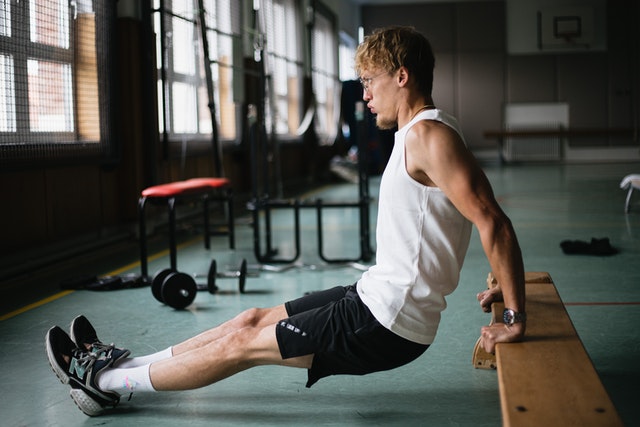
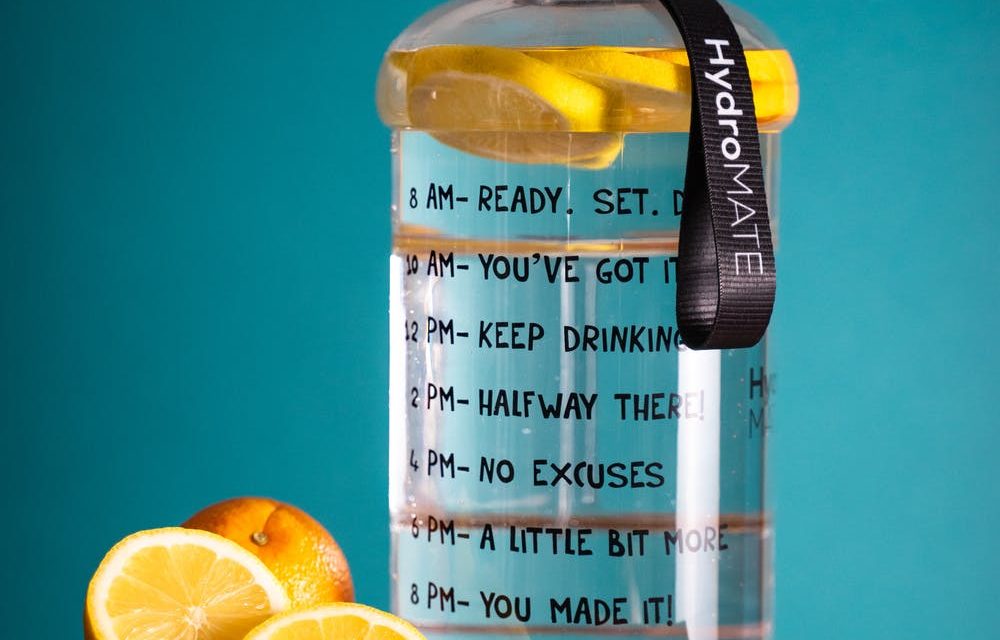

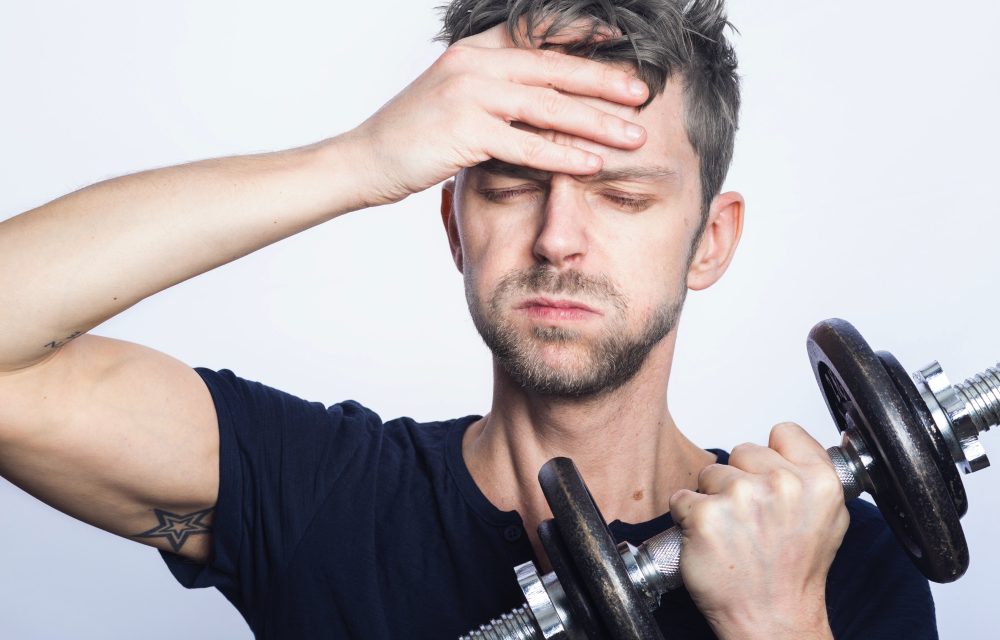
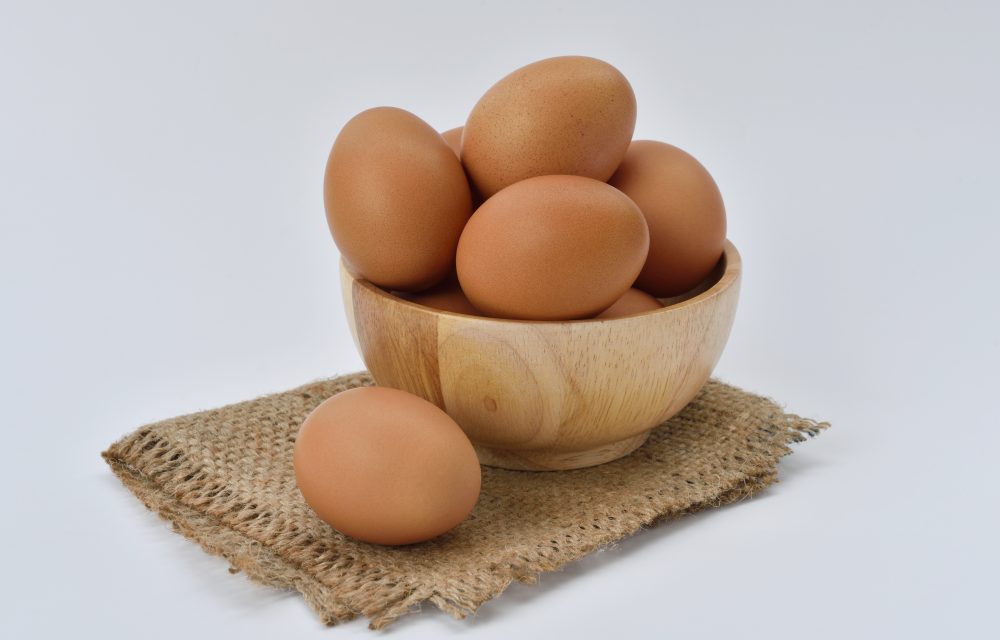
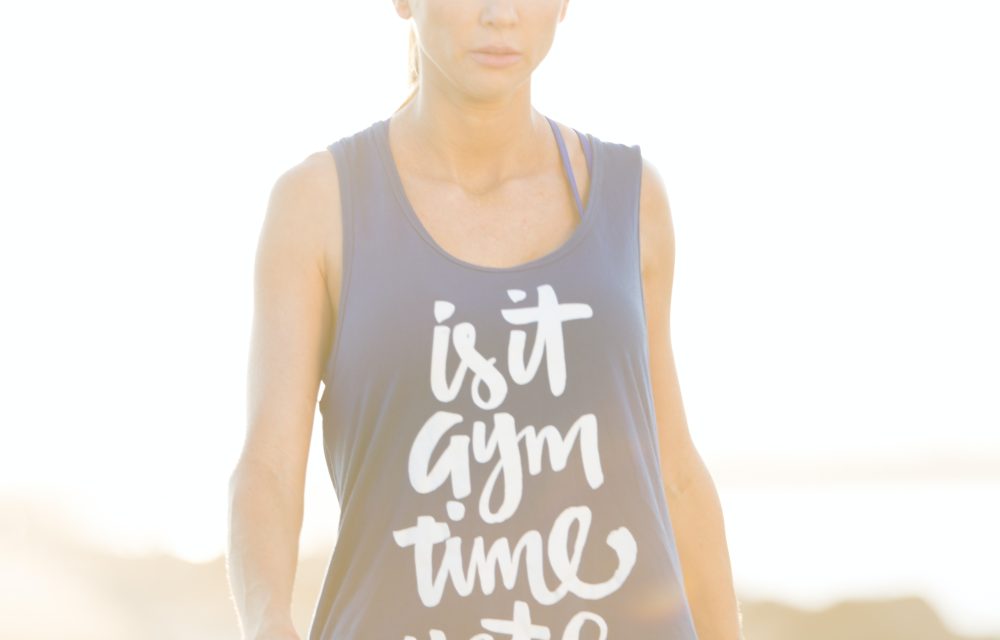
 Being addicted to the gym can be good or bad, depending on how you act on that addiction. If you love going and don’t miss a session, then it’s good. However, if you love going so much that you workout intensely for long hours every day, it might not be to your benefit. You can work out too much. What happens then? You actually lose ground, make exercising more exhausting and lose muscle mass in the process.
Being addicted to the gym can be good or bad, depending on how you act on that addiction. If you love going and don’t miss a session, then it’s good. However, if you love going so much that you workout intensely for long hours every day, it might not be to your benefit. You can work out too much. What happens then? You actually lose ground, make exercising more exhausting and lose muscle mass in the process.